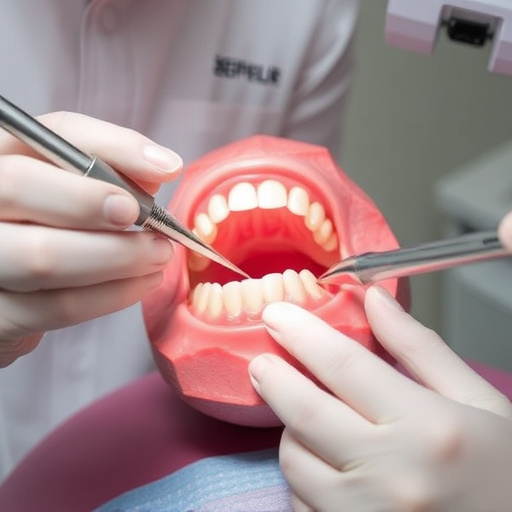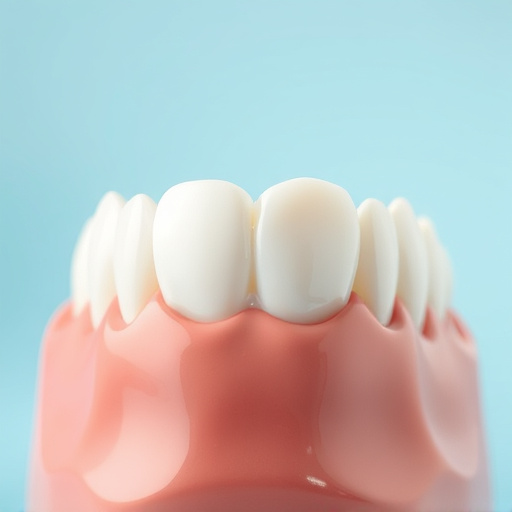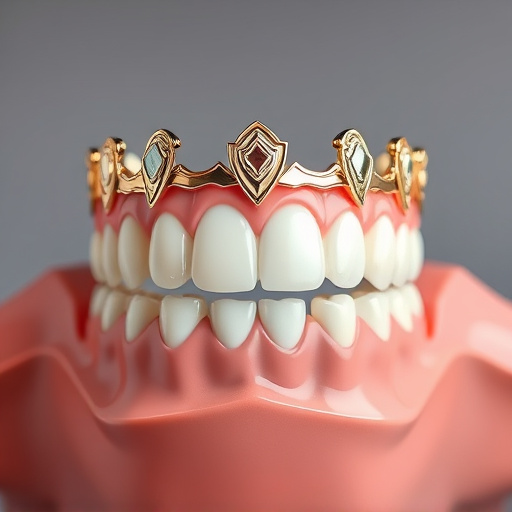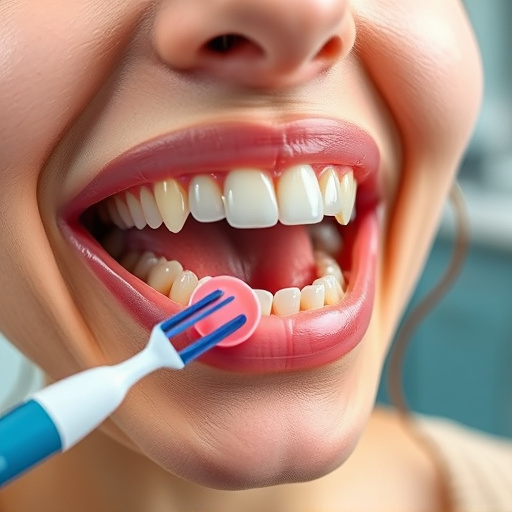Dental sealants for teeth act as protective coatings, filling pits and crevices on molars and premolars to prevent food debris and bacteria from causing cavities. Highly recommended during routine oral exams for both children and adults, these sealants offer an additional defense against tooth decay when combined with good oral hygiene practices. They can be a valuable preventive step for anyone, even those interested in cosmetic dentistry, potentially reducing future fillings or extensive procedures. The right dental sealants, tailored to individual needs by dentists, combined with regular oral hygiene, ensure longevity of protection against decay and bacteria. Routine dental check-ups are crucial for promptly addressing any issues or sealant wear.
Dental sealants for teeth are an effective, preventive measure offering protection against tooth decay for both children and adults. This article explores the benefits of these clear, protective coatings, applied to molars and premolars, especially during childhood. We’ll delve into how they shield teeth from bacteria and food particles, and discuss choosing the right sealer along with maintenance tips. By understanding dental sealants, you can make informed decisions for optimal oral health.
- Understanding Dental Sealants: What They Are and How They Work
- Benefits of Dental Sealants for Children and Adults
- Choosing the Right Sealer and Maintaining Oral Health
Understanding Dental Sealants: What They Are and How They Work

Dental sealants for teeth are protective coatings applied to the chewing surfaces of back teeth (molars and premolars) to prevent tooth decay. They work by filling in the tiny pits and crevices on our teeth where food debris and bacteria can get trapped, making it easier for enamel-eroding acids to form cavities. Think of them like a shield, creating a smooth, protective layer over vulnerable areas.
This simple yet effective treatment is often recommended for both children and adults as part of routine oral exams. While commonly used in pediatric dentistry to protect developing teeth, sealants can also benefit adults prone to tooth decay. In combination with good oral hygiene practices, regular brushing, and visits to the dentist, dental sealants offer an extra layer of defense against cavities, promoting healthier smiles for life. Even those considering cosmetic dentistry may find that dental sealants are a valuable preventive step before undergoing more extensive procedures.
Benefits of Dental Sealants for Children and Adults
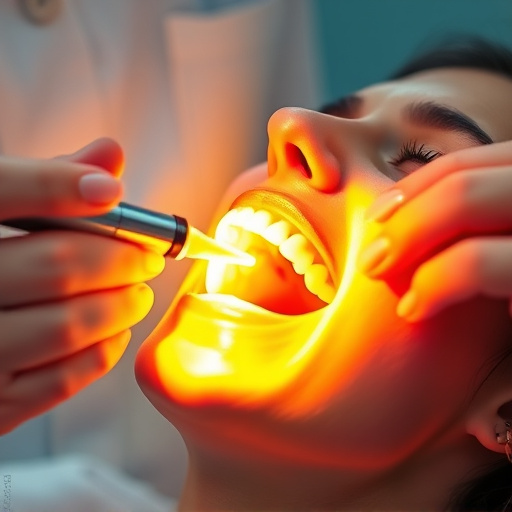
Dental sealants for teeth offer numerous advantages, making them a valuable option for both children and adults seeking to maintain optimal oral health. For kids, these sealants act as a protective barrier, sealing out bacteria from hard-to-reach areas like pits and fissures. This is particularly crucial during the childhood years when permanent teeth are developing and erupting. By preventing tooth decay early on, dental sealants can significantly reduce the need for future fillings or more extensive procedures in children’s dentistry.
Even adults can benefit from this simple yet effective treatment. Despite being commonly associated with children’s dentistry, sealants aren’t limited to young patients. Many adults opt for dental sealant applications to fortify their teeth against decay and wear. Regular dental cleanings become even more efficient with sealants, as they minimize the risk of cavities and help preserve the natural structure of teeth, potentially deferring the need for costly procedures like wisdom tooth removal.
Choosing the Right Sealer and Maintaining Oral Health

Selecting the appropriate dental sealer is a crucial step in maintaining optimal oral health for both kids and adults. When considering dental sealants for teeth, it’s important to consult with a dentist who can evaluate your unique needs. They will recommend sealers designed for specific purposes, such as protecting permanent molars in children’s dentistry or addressing issues related to wisdom tooth removal in adults. The right sealer provides long-lasting protection against decay and bacteria.
Regular oral hygiene practices are essential alongside proper sealing. Maintaining a consistent brushing routine with fluoride toothpaste and flossing can extend the lifespan of dental sealants for teeth. Additionally, scheduling routine check-ups with your dentist ensures any issues or wear and tear on the sealers can be promptly addressed, often as simple as emergency dental care procedures to restore functionality.
Dental sealants for teeth are a versatile solution that benefits both children and adults, offering long-lasting protection against decay. By understanding how these sealants work and choosing the right one, individuals can enjoy improved oral health and avoid costly dental procedures in the future. Incorporating regular maintenance practices ensures their effectiveness, making dental sealants an excellent choice for anyone seeking to safeguard their smile.










